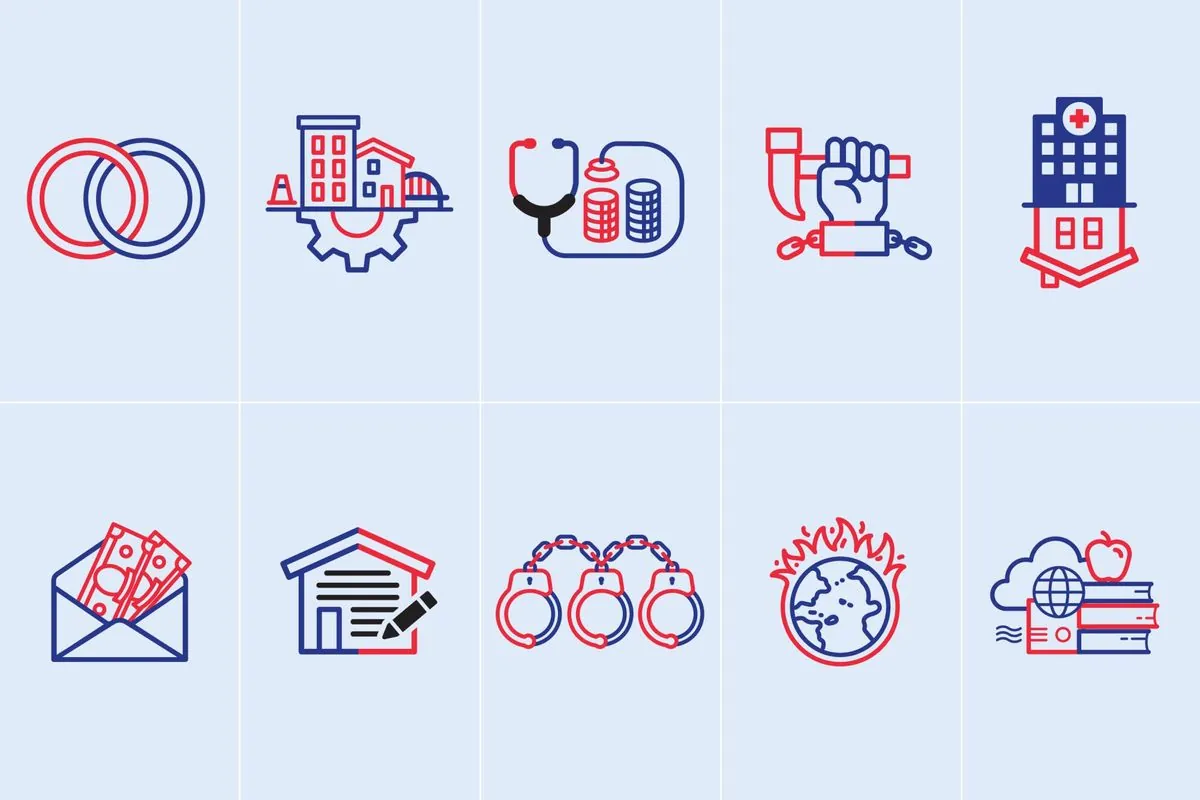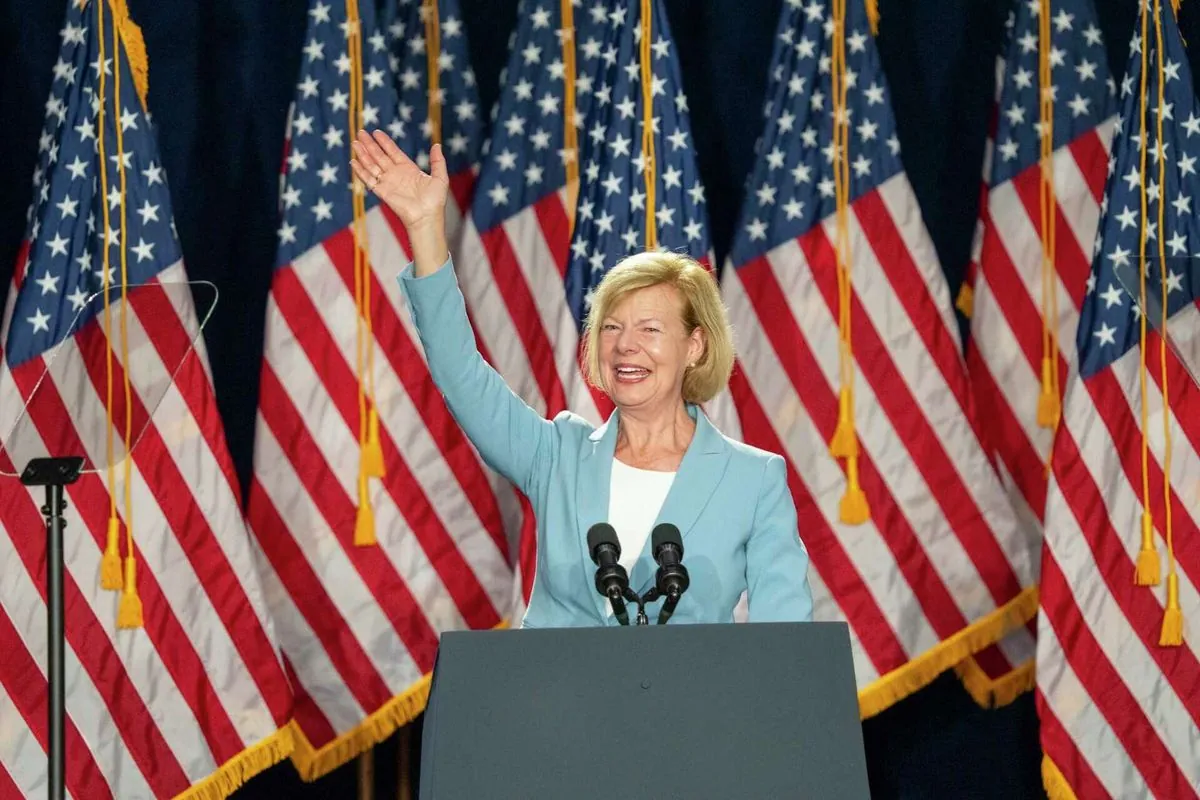Democratic Donors Secretly Fund Far-Right Candidates to Split GOP Vote
Democratic donors are covertly supporting far-right candidates in key races, aiming to divide the Republican vote. This controversial strategy raises ethical concerns and has triggered investigations into potential election manipulation.

In a surprising turn of events, wealthy Democratic donors have been found supporting far-right candidates in crucial U.S. elections, raising concerns about the integrity of the democratic process. This strategy, aimed at splitting the Republican vote, has come to light as the nation approaches a critical election on November 5, 2024.
David Steinglass, a prominent Democratic donor, made an unexpected $3,300 contribution to Thomas Leager, a far-right candidate in Wisconsin's U.S. Senate race. This donation, the maximum allowed for the 2023-2024 election cycle, is part of a larger scheme to boost Democratic chances by promoting extreme conservative candidates.
The Patriots Run Project, a group purporting to be a pro-Trump grassroots movement, has been revealed to be supported by Democratic firms and donors. This organization recruited several far-right independent candidates for key House races, many of whom were disabled or retired individuals.
Thomas Leager, one of the candidates who secured a spot on the ballot, has a controversial background. He was investigated in connection with the 2020 plot to kidnap Michigan Governor Gretchen Whitmer, though he was not charged. Leager is also known for his staunch gun rights activism and opposition to certain gender-affirming treatments for minors.
"I was the Wisconsin target for the FBI in the Whitmer case. We just happened to slip through their nets."
Leager's campaign received support from several Democratic donors, including David Steinglass and his wife Liz, who have contributed over $5 million to Democratic political groups. The couple has donated at least $9,900 to three candidates recruited by the Patriots Run Project.

This strategy has not gone unnoticed. In Iowa, a criminal investigation was launched after one recruited candidate, Joe Wiederien, removed his name from the ballot last month, suspecting he had been manipulated. The incident has also prompted a conservative group to file a complaint with the Federal Election Commission, alleging violations of political disclosure laws.
The ethical implications of these tactics are significant. Edward B. Foley, a law professor leading Ohio State University's election law program, warns that such activities undermine the functioning of democracy, regardless of whether they target congressional or presidential races.
As the election approaches, both major parties are engaging in questionable strategies that threaten to subvert the democratic process. These actions highlight the complex and often murky world of campaign finance and political maneuvering in the United States.
The situation underscores the ongoing debate about campaign finance reform and the influence of money in politics. Since the Citizens United decision in 2010, the landscape of political spending has become increasingly complex, with "dark money" playing a significant role in elections.
As Wisconsin prepares for its Senate race, the involvement of Thomas Leager adds an unexpected element to the contest between Republican nominee Eric Hovde and two-term Democratic Senator Tammy Baldwin. Baldwin, who made history in 2013 as Wisconsin's first female U.S. Senator, faces a challenging re-election bid in a state known for its political competitiveness.
This controversy serves as a reminder of the intricate and often controversial nature of American politics, where strategies to gain electoral advantages can sometimes push ethical boundaries. As voters prepare to cast their ballots, the importance of transparency and integrity in the electoral process remains paramount.


































